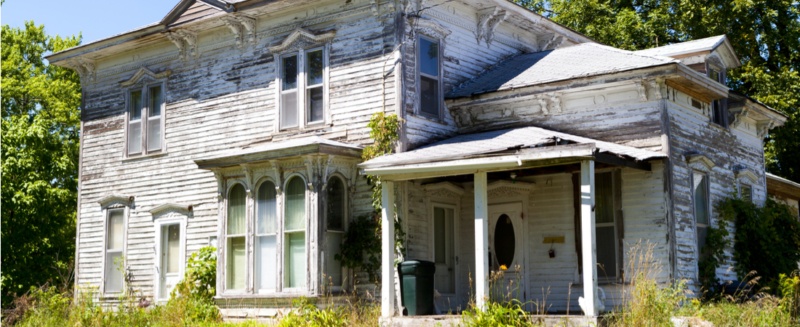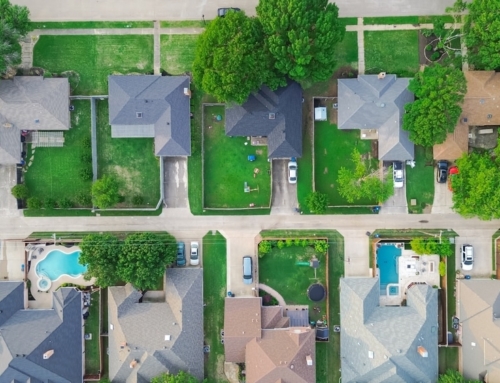Q: My husband and I are on the hunt for a new home, and we’d like to buy an older house—not a fixer-upper, but something with a little charm. What should we look for when we’re visiting the homes, and what are some issues we might face that are different from buying a new home?
A: Old homes are like old friends: nostalgic, familiar, and sturdy. They can also full of surprises. Old home aficionados point to construction with old brick instead of concrete block, lathe and plaster rather than wallboard, and wooden studs instead of metal ones. Few builders can afford to build houses the way they used to because of the cost of skilled labor and traditional materials, which makes a well-built old house something special.
So, what should you look for if you’re interested in purchasing an older home?
If you’re looking at a home was built in the early-1900s, consider how people lived 100 years ago. For example, central air conditioning wasn’t widely installed until the 1960s. If you are looking at a house built prior to the 1960s, any ductwork was retrofitted into the house at some point. The result can often mean unattractive ductwork and uneven cooling.
In addition to your air conditioning, your heating system may also be decades old. This is not necessarily a bad thing if you have hot water baseboard heat, which is an efficient way to heat a building, but be sure to find out how old the boiler and burner are. Many old homes also still use heating oil, even though converting to much less expensive natural gas is easy to do.
Other components to pay close attention to as you’re looking at older homes include: leaky windows and doors, old pipes and porcelain, poorly maintained roofs, and leaky basements. There are also health and safety issues to consider, including: mold, radon, lead paint, asbestos, and, similarly to newer homes, termites.
Before you buy, be sure to look at as many old houses as you can with a sharp eye for potential issues.
TIP: When you are ready to make an offer, be sure it includes a contingency clause for inspection, a standard provision in real estate contracts. This is critically important when it comes to buying an old house.
Get an inspection done quickly and ask your inspector to break down his or her findings into three categories: deal breakers that will require a significant financial investment, repairs and major maintenance that don’t require immediate attention, and projects you can do over the next few years.
Be sure to secure estimates for the costs of the substantial repairs and request that the seller fix those repairs, give you a credit toward the cost of the repairs so you can make them yourself, or adjust the price of the home, accordingly.
Understand that the cost of living in an old house will likely be more expensive than living in a new one. However, if you really love older houses, you’ll find it is money well spent for the pleasures of mature landscaping, and hand-crafted details.
Steve Cook is executive vice president of Reecon Advisors and covers government and industry news for the Reecon Advisory Report. He is a member of the National Press Club, the Public Relations Society of America, and the National Association of Real Estate Editors, where he served as second vice president. Twice he has been named one of the 100 most influential people in real estate. In addition to serving as managing editor of the Report, Cook provides public relations consulting services to real estate companies, financial services companies, and trade associations, including some of the leading companies in online residential real estate.
[amazon_link asins=’1524763438,B073W3M7VY,B01ANEYOSG,B01FXROXFW’ template=’ProductCarousel’ store=’thinkglink-20′ marketplace=’US’ link_id=’db9e1235-1d87-11e8-8ffc-f1b6b376b8a3′]






